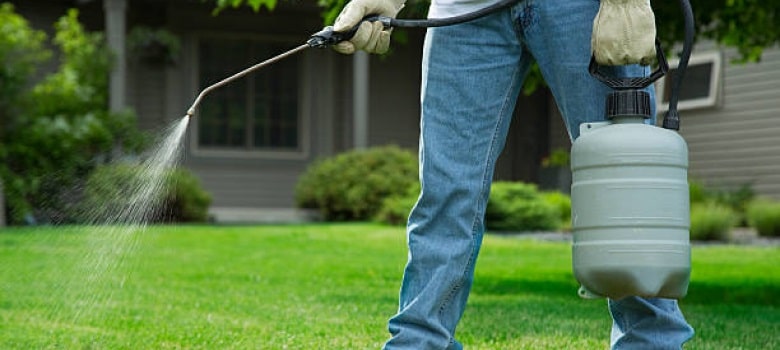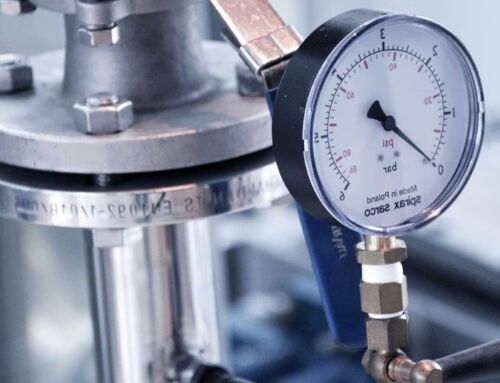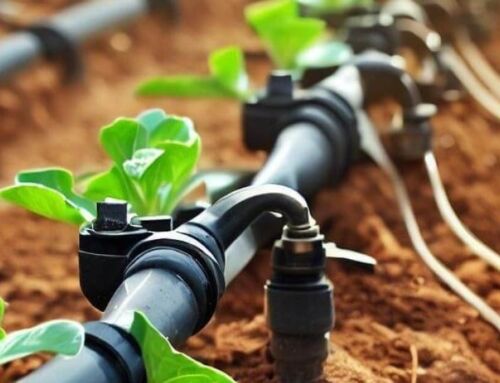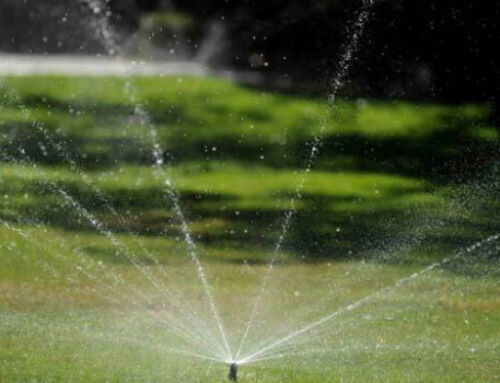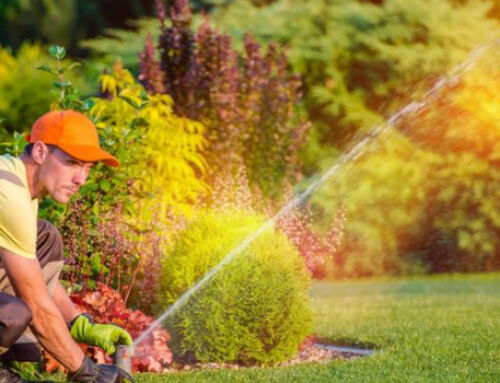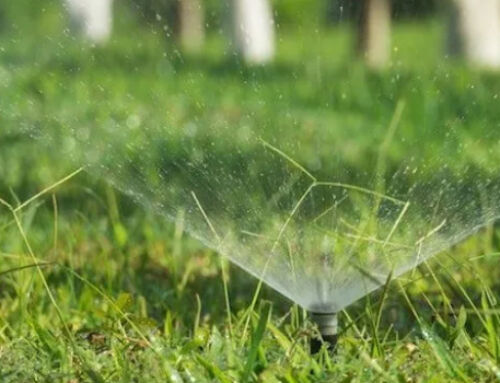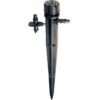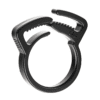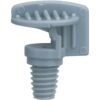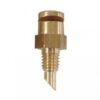Maintaining a pristine and lush garden in Melbourne can be a challenging task – especially when unwanted weeds start to invade the landscape.
Weeds are tenacious and can quickly take over your beautiful garden if left unchecked. Thankfully, weed killers are a popular solution to combat these pesky invaders.
But how long does it take for them to work? And what do you need to do to kill weeds but protect the rest of your yard?
As a gardener, understanding the timeframe for weed-killer effectiveness is essential for planning and managing your garden effectively.
In this article, we will delve into the factors influencing weed killer performance and explore the typical timeframe for witnessing visible results in your battle against weeds.
Understanding How Weed Killer Works
Weed killers, also known as herbicides, are chemical substances designed to control or eliminate unwanted plants, commonly referred to as weeds.
These herbicides work through various mechanisms, targeting specific enzymes or proteins within the plants, ultimately disrupting their growth and causing them to wither away.
There are two main categories of weed killers:
- Selective
- Non-selective
Selective weed killers are formulated to target specific types of weeds while leaving other plants unharmed. On the other hand, non-selective weed killers are indiscriminate and will kill any plant they come into contact with, including desirable ones. Home gardeners usually prefer selective weed killers to avoid damaging their cultivated plants.
Factors Influencing Weed Killer Effectiveness
Type of Weed Killer
Different weed killers have varying active ingredients and formulations, which can impact the speed and effectiveness of their action. For instance, some fast-acting herbicides can show visible results within hours, while others may take several days or weeks to fully eliminate weeds.
Weed Species
The type of weed you are targeting can also influence the time it takes for the herbicide to work. Some weeds are more susceptible to certain herbicides, while others may require a different treatment approach. Common weeds in Melbourne include bindweed, clover, dandelions, and crabgrass, among others.
Growth Stage
Weeds in different growth stages can respond differently to herbicides. Young, actively growing weeds are often more susceptible to weed killers than mature and established ones. It’s generally recommended to apply herbicides when weeds are in their early growth stages for optimal results.
Need Help Creating Your Dream Space? Explore our Design and Consulting Services
Weather Conditions
Weather conditions play a crucial role in the effectiveness of weed killers. Ideally, it is best to apply herbicides on a calm day when there is no wind to avoid herbicide drift, which can harm nearby plants. Additionally, a dry spell is preferable as rain shortly after application can wash away the herbicide, reducing its effectiveness.
Application Method
Proper application is essential for achieving the desired results. Following the manufacturer’s instructions, using the correct dosage, and applying the weed killer evenly are all crucial factors that can influence how quickly the product works.
Typical Timeframe for Weed Killer
In general, you can expect to see some visible results within a few days to a week after application. However, complete eradication of weeds may take longer, especially for stubborn or well-established ones.
Selective herbicides tend to work more gradually, targeting specific weed species without harming other plants. As a result, it may take a bit longer to notice significant changes in your garden’s appearance. Conversely, non-selective herbicides act more rapidly, causing weeds to wither and die within a shorter time frame.
5 Tips for Using Weed Killer Effectively
✔ Early Intervention: Don’t wait for weeds to spread before taking action. Identify and treat them as soon as possible.
✔ Read the Label: Always carefully read and follow the instructions on the herbicide label to ensure safe and effective use.
✔ Timing is Key: Apply the weed killer during the appropriate weather conditions when the weeds are actively growing.
✔ Protect Desired Plants: If using a non-selective herbicide, shield desirable plants from overspray to prevent damage.
✔ Be Patient: Remember that complete weed eradication may take time, and a second application might be necessary for stubborn weeds.
Environmental Considerations
While weed killers can be highly effective in controlling weeds, it’s essential to be mindful of their potential impact on the environment.
Some herbicides contain chemicals that may persist in the soil or runoff into water bodies, posing risks to non-target plants, animals, and water ecosystems. To minimise environmental harm, consider the following eco-friendly practices:
- Spot Treatment: Instead of blanket spraying, use weed killers selectively only on areas with weed infestations.
- Organic Alternatives: Explore organic or natural weed control methods, such as hand weeding, mulching, and using vinegar-based sprays.
- Proper Disposal: Dispose of any unused or empty herbicide containers according to local regulations to prevent environmental contamination.
Prevention: Implement preventive measures to reduce weed growth, such as using landscape fabric or planting ground covers.
Long-Term Weed Management Tips
While weed killers can provide temporary relief from weed problems, adopting a long-term weed management strategy is crucial for maintaining a healthy garden in Melbourne. Here are some additional strategies to consider:
Healthy Soil: Maintain healthy soil by regularly adding compost and organic matter. Healthy soil promotes strong, robust plants that are more resistant to weed invasions.
Mulching: Apply a layer of organic mulch around plants to suppress weed growth and conserve soil moisture.
Regular Maintenance: Keep your garden well-maintained by regularly weeding and removing any new weed growth.
Mowing: Keep your lawn well-mowed to prevent weeds from establishing themselves and going to seed.
Hand Weeding: For small infestations, consider hand-weeding to remove weeds at their roots.
Say Goodbye to Stubborn Weeds
The time it takes for the weed killer to work depends on several factors, including:
- Type of weed killer
- Weed species
- Growth stage
- Weather conditions
- Application method
By understanding these factors and following best practices, you can enjoy a beautiful, weed-free garden in no time!
Remember to use weed killers responsibly, taking into account their potential environmental impact. Additionally, incorporating long-term weed management strategies will help keep your garden healthy and vibrant throughout the seasons.
With a little effort and the right approach, you can enjoy a garden that thrives while keeping those pesky weeds at bay.
Happy gardening!
Plan and Install an Irrigation System With the Experts at Malvern Irrigation
The experts at Malvern Irrigation are standing by to provide advice and recommendations.
We’re Australia’s leading irrigation and garden enhancement specialists with a range of products in our online store to help you transform your outdoor space and enjoy a lush, green outdoor space for years to come.
Cut the confusion and enjoy free shipping on select orders by browsing our shop today.


